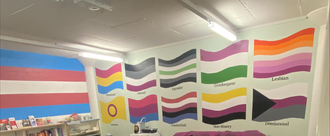- Featured
- Asylum Seekers and Migrants
- Climate and Environmental Justice
- Disability Justice
- Economic Justice
- Education
- First Nations Justice
- Health and Medicare
- International Solidarity
- LGBTIQA+ Rights
- Media and Arts
- Occupational Health and Safety
- Public Services
- Public Transport
- Racial Justice
- Social Justice
- Women's Rights
- Workers' Rights
- More
-
Save our UQ CommunitySince 1961, the UQ Union Complex has served as the heart of UQ's campus community at St Lucia. Over the decades, its activities have profoundly influenced Queensland's culture and politics and hold significant historical importance. Therefore, it has always been in the community's interest to preserve and maintain the space with interior refurbishments rather than a complete transformation, which has been repeatedly proposed. Regrettably, when such repair and maintenance requests have been submitted by the UQ Union, UQ has been slow to respond or ignore the request, resulting in the exacerbation of building damage. When they do take place, they take an unacceptably long time to fix the problem (for example, the Schonell theatre). So, it is no surprise that since 2018, UQ's agenda has focused more on its interest in redeveloping the Union Complex primarily to enhance its aesthetics. Their initial attempt, likened to building a 'shopping mall' on campus, was widely criticised in 2022, leading to an announcement that they would return to 'first principles'. However, their new proposal has not undergone a comprehensive consultation process with the community. There has been a complete lack of transparency regarding the final design and the redevelopment process. Meanwhile, UQ seeks to finalise agreements through the UQ Union, insisting on maintaining confidentiality without engaging in broader consultation with the UQ and Brisbane community. What we know: UQ has been dictating space allocation within the Union Complex, which will reduce the amount of space given to our community-owned outlets. This will have a detrimental effect on the vibrant campus culture these establishments help maintain. The finalized redevelopment plans could potentially disrupt or even lead to the discontinuation of beloved establishments such as Reddo Bar, the Food Co-op shop, On a Roll bakery, and the Main Course. Furthermore, there is no provision for a full commercial kitchen to allow Kampus Kitchen to continue at its current capacity. Again, these decisions have been made without consulting the broader community, further underscoring the need for transparency and inclusive consultation. It is evident that UQ has a new vision for the future of the student commons and Union complex that appears to exclude any input from the community. Their vision risks erasing the culture and legacy of the original complex and disregarding aspects that symbolise the freedom of student expression. Moreover, it threatens to dismantle what remains of the Union Complex's role as a central hub for cultural and arts activities, including previously housing a radio station that once made it the heart of the University of Queensland.1,151 of 2,000 SignaturesCreated by UQ Community
-
Veterinary Students need placement poverty paymentsVeterinary students already have some of the highest HECS debts in this country. In addition to this they must undertake at least 52 weeks (that is a whole year) of unpaid work in order to complete their degree. Students often forego meals, sleep in tents or on couches or take out even more loans in order to complete their degree. These students are often also at risk of being subjected to racism, homophobia, transphobia, ableism, sexual harassment, and even violence at unpaid placements, without being able to leave or complain, for fear of not being able to complete their course requirements. Addressing placement poverty is vital if we are to have a diverse, inclusive, and resilient veterinary sector supporting Australian communities.5,606 of 6,000 SignaturesCreated by TVK The Veterinary Kaleidoscope

-
Hands Off Our Hangouts: Keep the Uni Bars Student-Focused and in Guild HandsWe are facing a critical moment in preserving the heart of our student community: our beloved student bars. The threat of these spaces being taken away from us and handed over to profit-driven private companies is real, and it's a cause for concern for all of us. First and foremost, student bars are more than just places to grab a drink; they are the beating heart of our campus culture. These spaces have been managed by our student union, the QUT Guild for over 30 years. By keeping our bars under Guild management, we ensure that they remain accessible, affordable, and inclusive for all students. But why should you care about who manages our student bars? Because it's about more than just where we go for a drink after class. It's about protecting our student voice and agency on campus. The University's decision to take away Guild services and businesses like graduation gowns, The General Store, and social sport has already diminished our sense of ownership and control over our own student experience. What's next? Will the University continue to chip away at the resources and spaces that make our student union strong? Think about it: if our student bars are handed over to private companies whose primary goal is to maximise profits, what happens to the values and priorities that matter to us as students? Will these companies prioritise student welfare and community building, or will they prioritise their bottom line? The University's actions raise serious questions about their commitment to a strong student union and a vibrant campus community. By taking away essential services and potentially handing over our student bars to external entities, the University is sending a message that they do not value the role of students in shaping our own campus experience. We cannot afford to stand idly by while our student union and the spaces that define our campus culture are under threat. It's time to stand up and demand that our voices be heard. We must rally together to protect our student bars, preserve our student union's autonomy, and ensure that our campus remains a vibrant and inclusive community for generations of QUT students to come. Join us in signing this petition to show the University that we care about our student bars and that we will not let them be taken away from us without a fight. Together, we can send a powerful message that the QUT student body stands united in defense of our student union and the values it represents. In solidarity, QUT Guild941 of 1,000 SignaturesCreated by QUT Student Guild
-
2 years of free public preschool for every child in AustraliaAustralia is at an important juncture. It is long past time for the Federal Government and state/territory governments to work together to invest in and reform the early childhood education and care system, so that every child has a guarantee to the best start in life. When children attend preschool they can expect greater academic success, have better career prospects, better health outcomes and stronger family and personal relationships. Right now, access to two years of preschool is dependent on where you live. Because some states/territories are rolling this out, while others are not. Australia needs a national plan, so that all children around the country can access two years of high-quality public preschool, no matter where they live.4,545 of 5,000 SignaturesCreated by Preschool Funding Now!
-
Student Public Transport EquityThere are currently some misconceptions which surround how part-time and online student study. People choose to study online for a number of reasons but common reasons include; distance from campus, care responsibilities, looking after young kids, mental health barriers (e.g. severe anxiety), having access requirements because they are living with a disability and a range of other reasons. With the new University Accord just around the corner, the majority of the Federal Government's proposed suburban study hubs are in low-SES areas where many of the abovementioned barriers to education present a real challenge to students coming onto campus. This concession would largely affect these low-SES students and allow them to access such study hubs. Just because someone studies online does not mean they don’t leave the house, oftentimes these students will seek out study hubs, local libraries and other places with strong wifi, IT equipment and quiet spaces away from home. Unfairness also occurs where some students struggle and drop from a full-time to part-time load. This means they are no longer eligible for public transport concessions and must suffer as a result of taking a practical step to improve their grades and look after their mental and physical health. The public transport concession system should give concessions to all who forgo employment and income to seek a university education. We need a fairer public transport concession system for all students.141 of 200 SignaturesCreated by National Union of Students - SA Branch
-
End the failed privatisation of NSW Government cleaning services• Cleaners live in every corner of the state – cleaning over 2000 public schools, TAFE campuses and thousands of other government buildings • They are paid fractionally more than the minimum wage • Cleaners' excessive workloads can equate to as little as 43 seconds to complete each of the hundreds of tasks they are required to each shift • School cleaners have one highest workers compensation premiums in the state! Keeping our class rooms clean shouldn’t be a dangerous job! • NSW tax-payers are expected to pay the contractors more than half-a-billion dollars in 2024. Every dollar from this that goes towards CEO bonuses, share buy-backs and shareholders’ profits, is a dollar that isn’t going into a cleaners pocket. • 2024 marks thirty years since the NSW Government outsourced the cleaning of schools and government buildings. Cleaners can’t continue to wait for safe and secure jobs. All workers deserve a fair wage and to go home in one piece. The best way to ensure this is by bringing school cleaners back in house once again.719 of 800 SignaturesCreated by United Workers Union
-
Make Unisuper divest in Elbit SystemsUnisuper members need to support divestment in businesses that are complicit in war crimes. Its our money being invested into supporting the killing of innocent people by Elbit Systems!1,022 of 2,000 SignaturesCreated by Fran Miller-Pezo
-
Give back our SSAF!QUT Guild currently receives 25% of student SSAF fees, which is below the national average, and well below the average SSAF given to student unions at Australia’s top universities. This discrepancy weakens the Guild's ability to provide essential services and independent support to the student body. Does QUT even want a strong student union? Doesn't look like it... Up until 2006, student unions received 100% of a similar kind of student fee – which meant that student money was 100% in student hands. These days, it’s up to each university to decide how much SSAF their respective student unions receive. At QUT this is decided by the SSAF Advisory Group. Only one student, the Guild Treasurer, has a vote in these decisions. QUT’s plan for the $9.3M in the SSAF you will pay next year essentially keeps things at the status quo, and indicates that QUT seemingly has no intention to hand over a larger percentage of student money back into student hands. The Guild currently provides a wide range of services and initiatives to students, such as the Clubs & Societies programme, Foodbank, transport support, Academic Advocacy, events, our student representatives, independent student media, and support for our Collectives. We believe student money should be in students’ hands. Without a SSAF allocation more aligned with other major universities in Australia, QUT students have a weakened student union and are at a huge disadvantage. QUT is required by law to seek student feedback on how their SSAF is spent. QUT students have been given less than two weeks to give their feedback during one of the busiest and most stressful times of semester. We urge all QUT students to sign this petition to have your voices heard. If you want to provide QUT with further feedback about how your SSAF should be spent you can email the Registrar ([email protected]) with your thoughts by COB Monday 13 November.642 of 800 SignaturesCreated by QUT Student Guild
-
Fully fund public schools now!Right now, only 1.3% of public schools are funded at the benchmark set by governments. Just imagine if public schools were fully resourced. That would provide more teachers, smaller class sizes and more specialist support for children needing extra help, and the PM's promise could become reality.20,018 of 25,000 SignaturesCreated by For Every Child
-
Respect Remote Working Autonomy for StaffProviding truly flexible work arrangements engenders staff goodwill and loyalty by: a) trusting us to make conscientious, responsible decisions about when it is more productive to work remotely and; b) acknowledging that some of us may find it more productive to work fewer days on campus at different times, for example during school terms, over semester breaks, according to our health status or cultural commitments and/or depending on the type of work we are doing at the time. By enabling less commuting, more flexible remote working options also enhances our sustainability strategy and improves work/life balance. Whereas, the VC’s proposal to work more days from campus than from home contradicts The University’s: • commitment to “support flexible working arrangements where reasonably possible” in the latest EBA (Clause 215) and explicit commitment to “providing flexible working options for all staff”; • aspiration to be an “employer of choice for people with disability”; • commitment to “equity, diversity and inclusion throughout the University”. We, the undersigned University of Sydney employees reject the Vice Chancellor’s “general expectation… that colleagues will spend more of their time on campus than working remotely.” We instead demand that management honours its commitment in the clause 215 of the Enterprise Agreement to allow professional staff to work remotely where “the staff member is able to satisfactorily complete the requirements of the role” and to also trust academic staff to choose when and how often to work on campus, thus ensuring an inclusive, progressive, supportive and productive working environment for all of The University of Sydney’s highly diverse workforce.1,193 of 2,000 SignaturesCreated by NTEU Members
-
Out of the Basement! An accessible, safe and visible Queer Space on campus.For too long LGBTQIA+ and Gender Diverse Students have been hidden away, given a space with a lack of accessibility and pushed a position of shared sentiment in regards to marginalisation. By not having a location where their community can come together in safety these issues are being perpetuated.80 of 100 SignaturesCreated by La Trobe Student Union
-
Save teachers' jobs!Visiting teachers play a crucial role in supporting students, staff, and families. Cutting many of these roles will directly affect students’ learning and wellbeing. Premier Andrews and Minister Hutchins must stop these cuts and instead invest in teachers and students. Visiting Teachers are highly trained experts who work directly with students with disability and complex needs. They support students who are vision and hearing impaired, have physical disabilities, autism, and health impairments. Visiting teachers also work alongside classroom teachers providing advice and support, and model best practice. In addition, they provide direct support to families so their children can access school and thrive. Premier Andrews - you said that you would not cut frontline jobs but by sacking teachers that is exactly what you and your government are planning to do. By adding your name to the petition together we can tell the Premier and Education Minister to reverse this decision immediately.6,695 of 7,000 SignaturesCreated by AEU Victoria
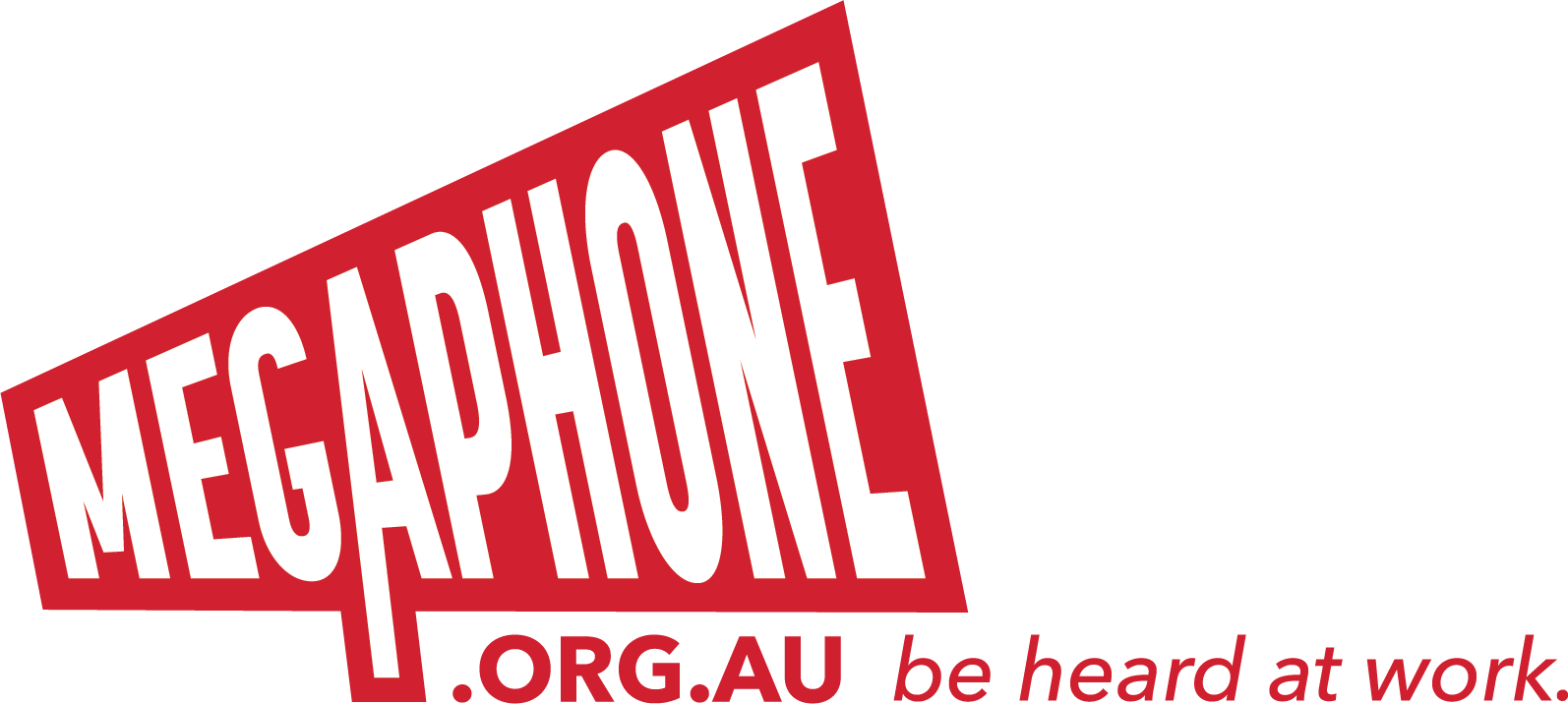
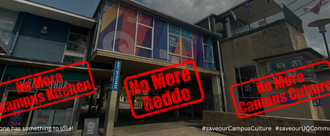



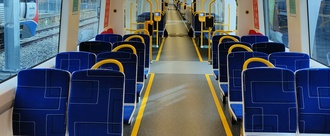
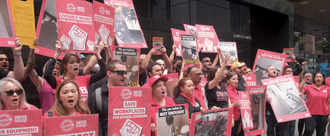

%20(1000%20x%20300%20mm)%20(700%20x%20300%20mm).png)


